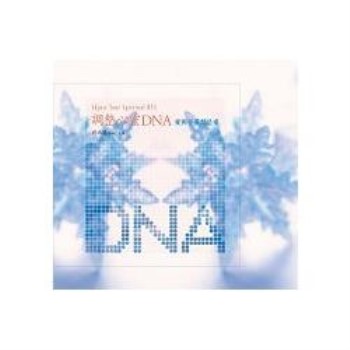Throughout 20th century culture, various efforts to define the nature of progress directly contributed to competing visions of human nature. Theologians, scientists and artists struggled with one another, each group announcing different versions of the human subject based upon its definition of progress. Progress in all groups was a deeply ethical concept, one that crossed the disciplinary boundaries assumed to exist between the cultural domains. By advocating particular visions of human nature, each group offered an ethical vision for human action. This dynamic is visible in a comparative approach to liberation theology, robotics, and the contemporary art of Wolfgang Laib and the group Survival Research Laboratories. Just like the theologians, scientists and artists make ethical claims as to what is the ultimate good for humankind and both offer varieties of salvation to compete with that of the theologians. Dr. Geraci's work shows that in religion, science and art, expectations for progress were key to understanding how these various groups and individuals constructed the ethical values of the emerging human subject.
| FindBook |
有 1 項符合
Human Nature and the Ethics of Progress: Power and Purpose in 20th Century Religion, Science and Art的圖書 |
 |
Human Nature and the Ethics of Progress: Power and Purpose in 20th Century Religion, Science and Art 作者:Geraci 出版社:VDM Verlag Dr. Mueller E.K. 出版日期:2008-10-01 語言:英文 規格:平裝 / 272頁 / 22.9 x 15.2 x 1.5 cm / 普通級 |
| 圖書館借閱 |
| 國家圖書館 | 全國圖書書目資訊網 | 國立公共資訊圖書館 | 電子書服務平台 | MetaCat 跨館整合查詢 |
| 臺北市立圖書館 | 新北市立圖書館 | 基隆市公共圖書館 | 桃園市立圖書館 | 新竹縣公共圖書館 |
| 苗栗縣立圖書館 | 臺中市立圖書館 | 彰化縣公共圖書館 | 南投縣文化局 | 雲林縣公共圖書館 |
| 嘉義縣圖書館 | 臺南市立圖書館 | 高雄市立圖書館 | 屏東縣公共圖書館 | 宜蘭縣公共圖書館 |
| 花蓮縣文化局 | 臺東縣文化處 |
|
|
圖書介紹 - 資料來源:博客來 評分:
圖書名稱:Human Nature and the Ethics of Progress: Power and Purpose in 20th Century Religion, Science and Art
|











